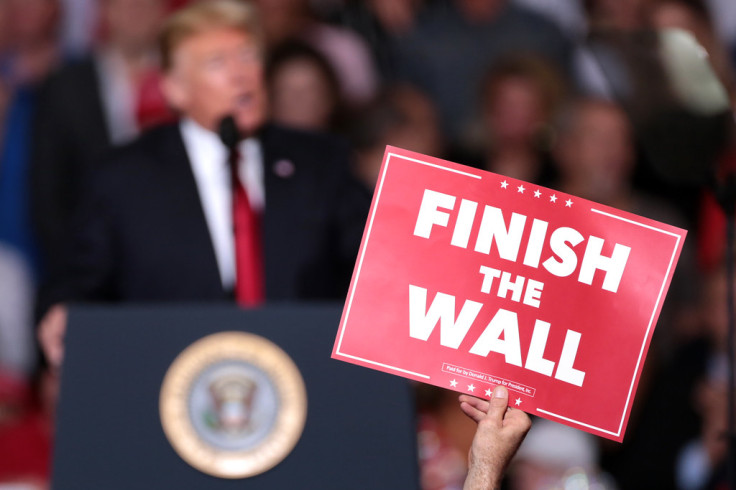
Researchers from the UCLA Latino Policy and Politics Institute have published a study on the influence of anti-immigrant rhetoric in shaping voter opinions, revealing that such speeches sway voters primarily through rhetoric rather than direct experience.
The study focused on voter attitudes on immigration and trade in the 2016 and 2020 elections and found that Trump supporters tended to live in places with relatively low levels of immigration and international trade, suggesting that anti-immigrant and antitrade attitudes help explain voting for the Republican candidate more than actual levels of immigration and trade where voters lived.
Raúl Hinojosa-Ojeda, author of the study, coined this phenomenon "The Trump Paradox", referring specifically to the fact that the more interaction communities had with immigrants and trade, the better their attitudes were toward them and the less interaction with immigrants, the more negative. He also explained the paradox from a more strategic angle:
"Another way to understand the strengthening of the Trump Paradox is by looking at the characteristics of the counties that supported Trump. In 2020, white voting for Trump became even more paradoxical as his support became more concentrated in counties with lower levels of immigration and trade. Counties that remained Democratic from 2016 to 2020 had the highest levels of immigration and trade, while counties that remained Republican from 2016 to 2020 had the lowest levels of immigration and trade."
The study also revealed that the paradox is most pronounced among white men, with Latino voters showing a more nuanced voting pattern. Trump garnered 35% of Latino votes in 2020, with a notable number of Latina voters being new voters with lower educational levels. These voters, often younger and relying on social media for news, were identified as low-propensity voters, or those who do not vote regularly.
Hinojosa-Ojeda predicts that hateful rhetoric may not benefit Trump in the 2024 election, as social media trends and diverse districts increasingly reject anti-immigrant and anti-trade sentiments. He highlighted that 20 swing districts that supported Trump in 2016 turned against him in 2020, particularly in suburban areas with large immigrant populations.
© 2025 Latin Times. All rights reserved. Do not reproduce without permission.




